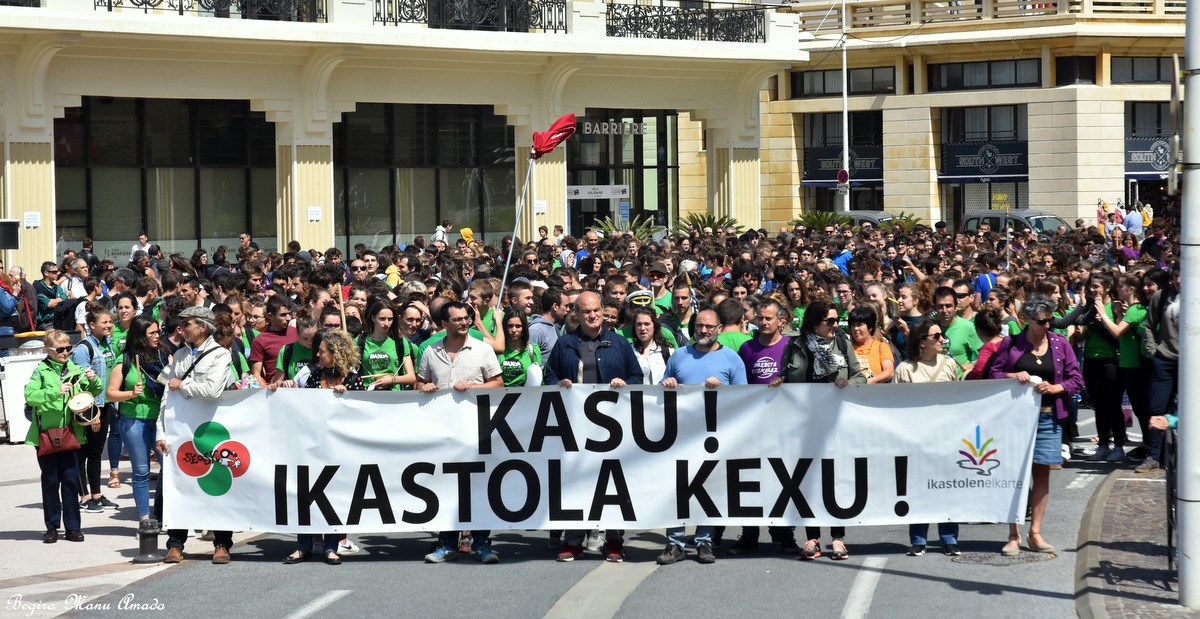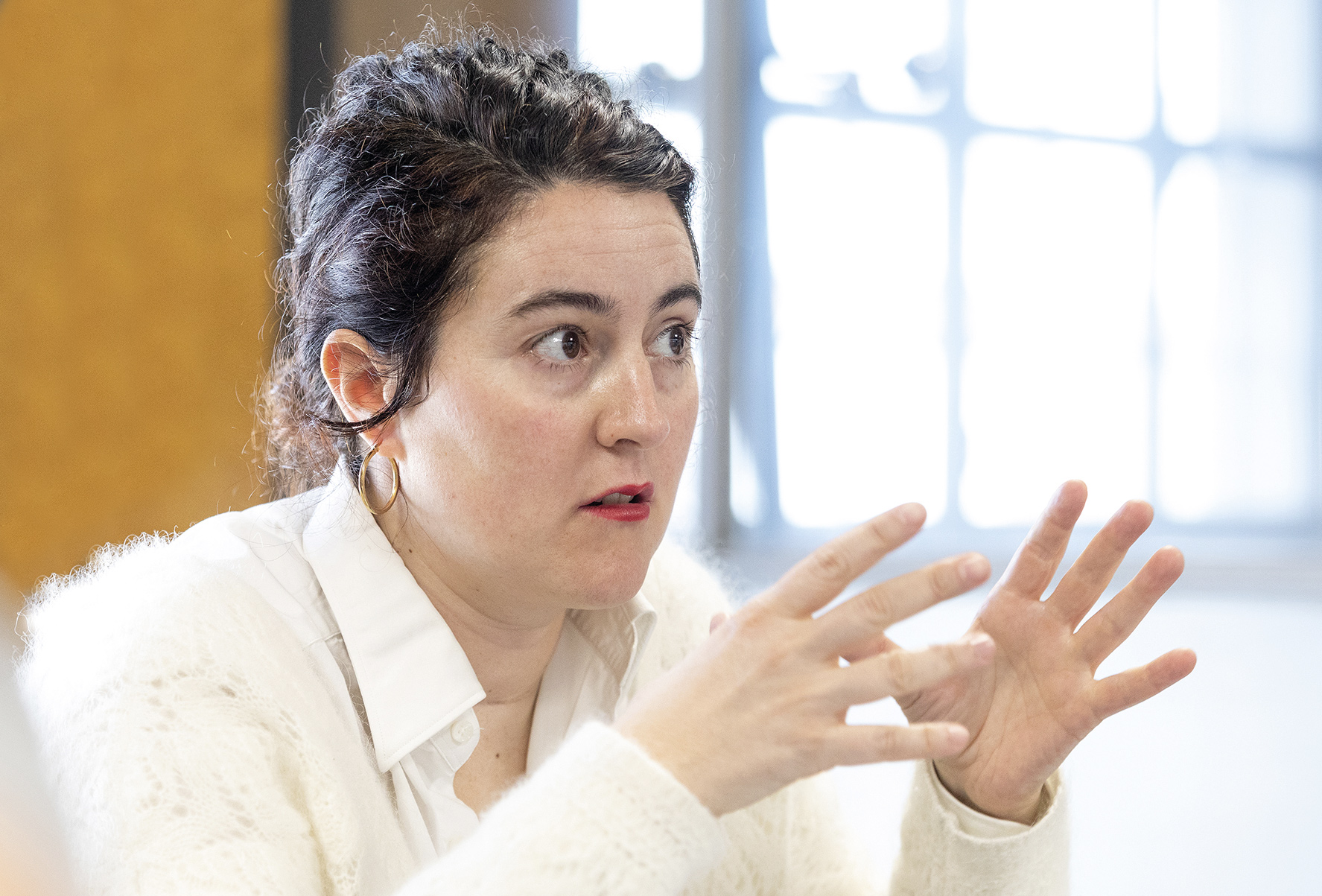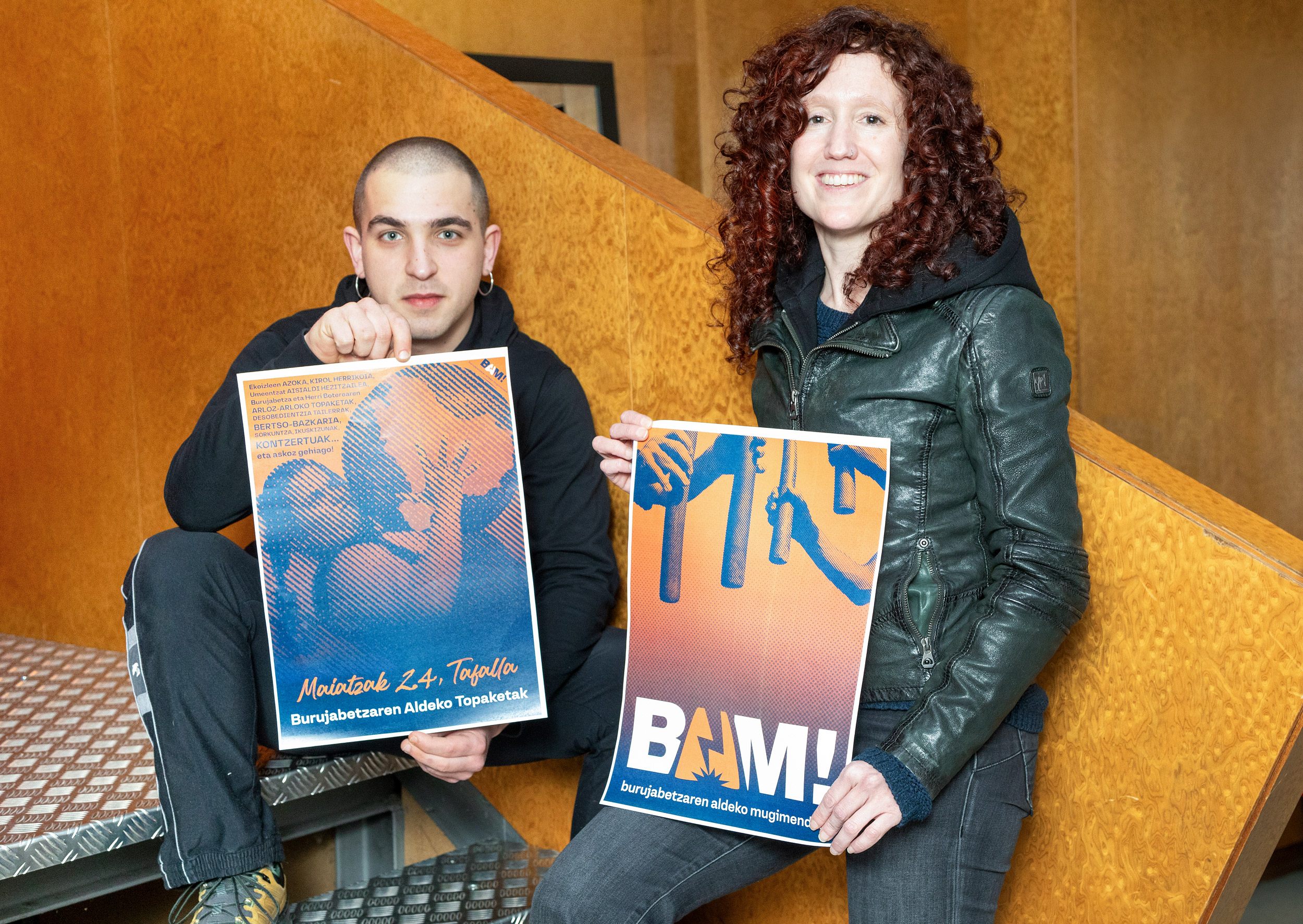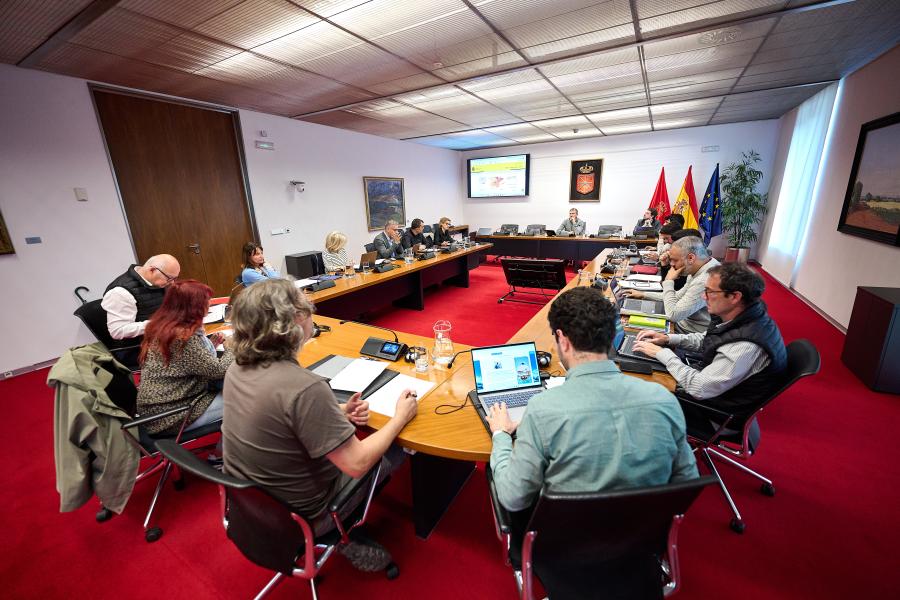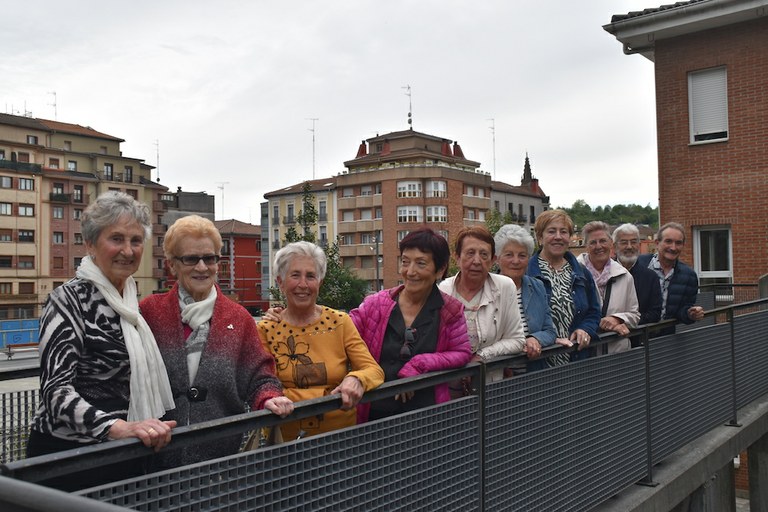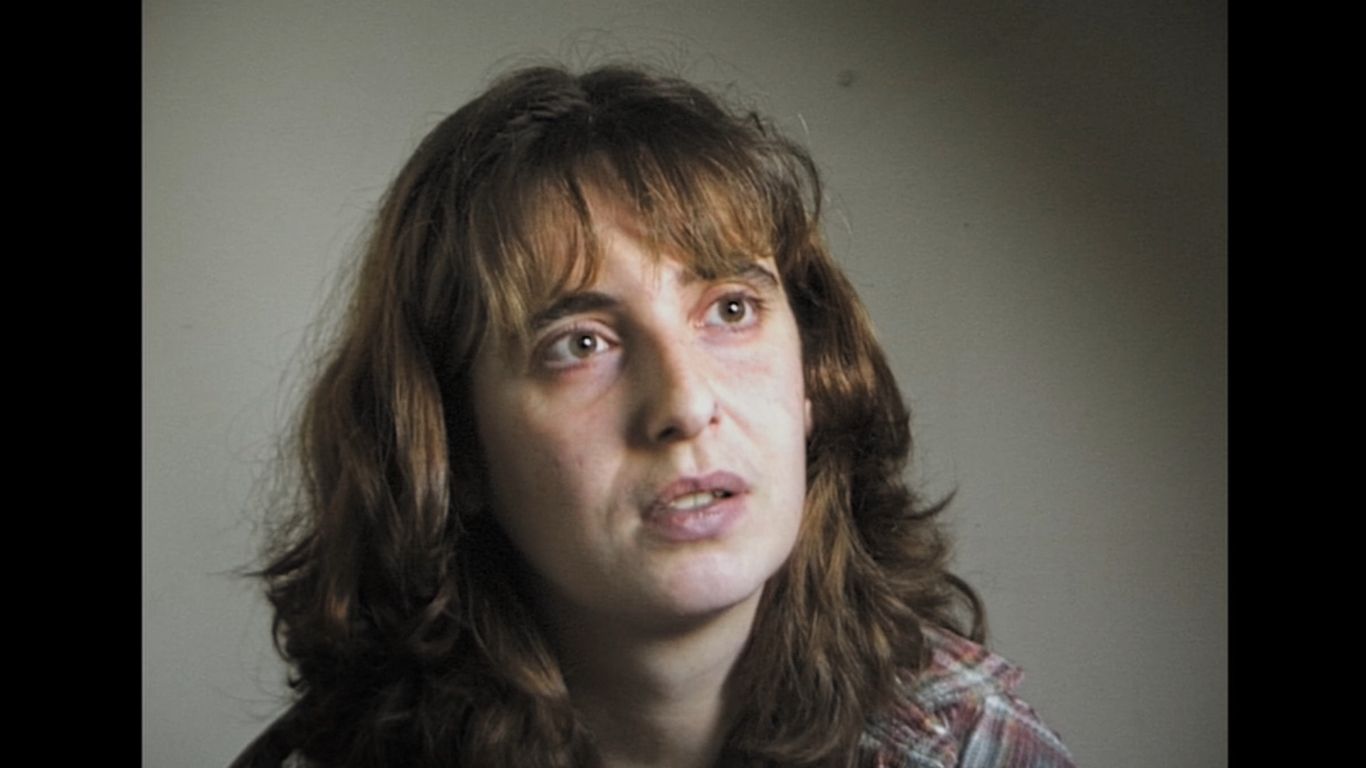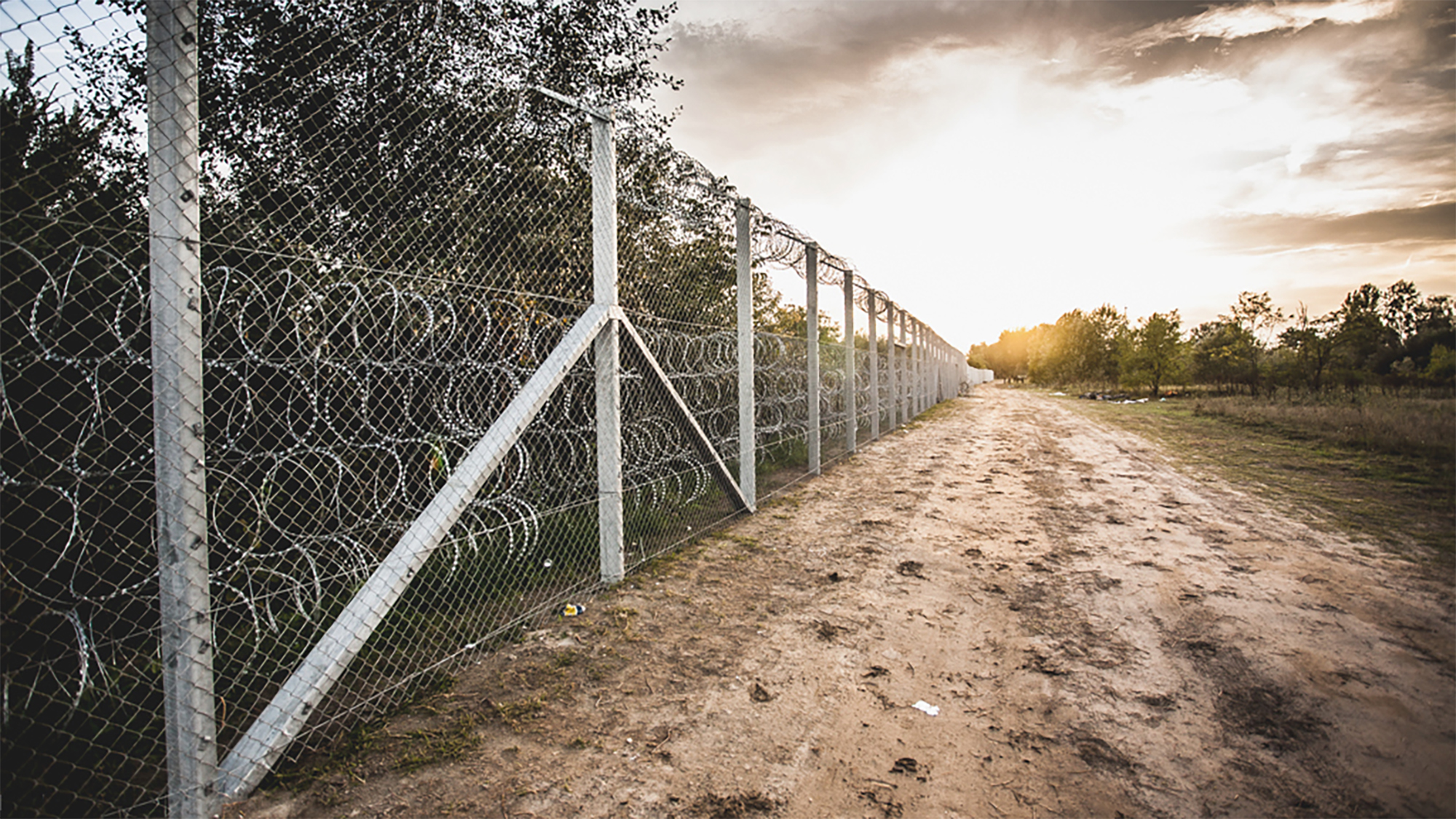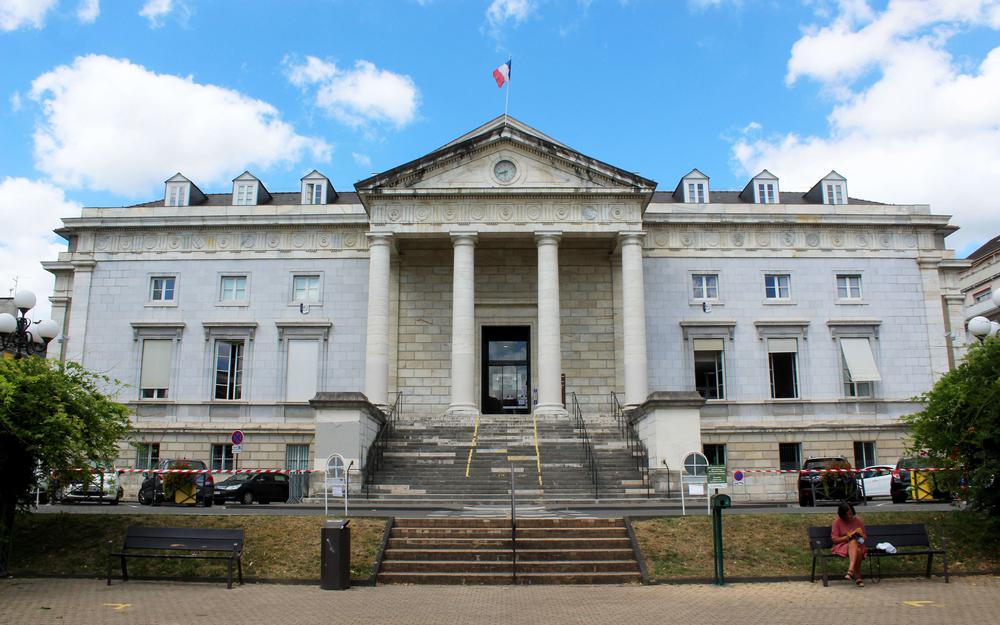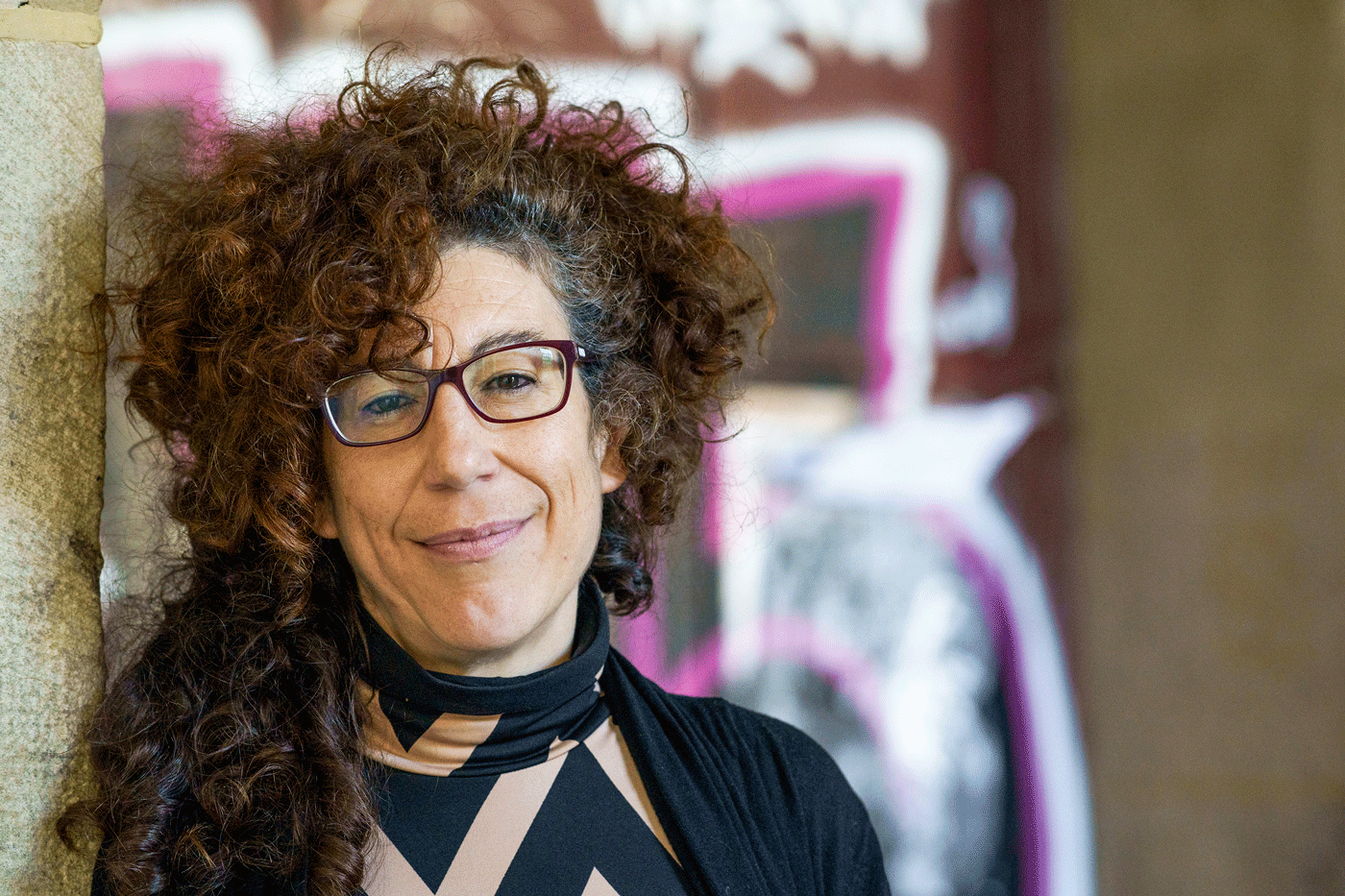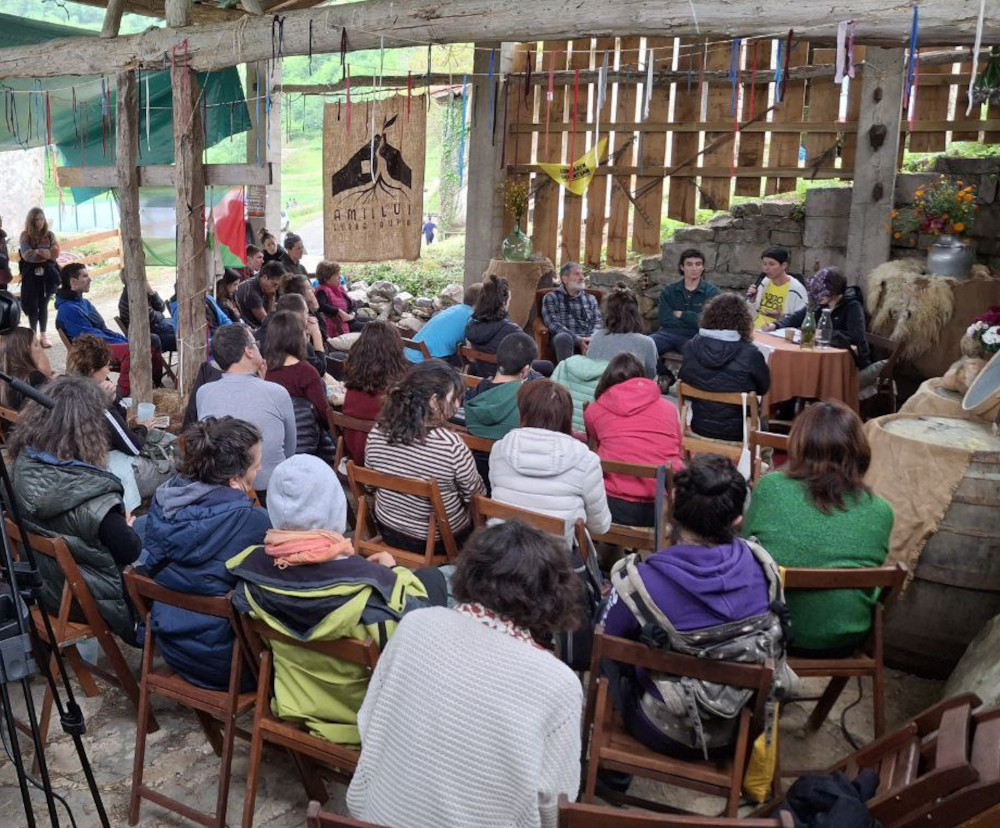Citizens want to have more decision-making capacity on everyday problems, according to the Metro de Nación
- Two out of three citizens think that each geographical area – the CAV, Navarra and Iparralde – should have the right to decide their political future, according to the second Nationometer survey conducted by the research group Part Hartuz of the UPV/EHU and the laboratory Telesforo Monzón.

A total of 1,201 interviews were conducted. In Álava, Bizkaia and Gipuzkoa, 589 surveys have been carried out, 405 in Upper Navarre and 207 in the Commonwealth of Iparralde. On the other hand, 778 online and 423 online surveys have been answered by phone.
The data in the report have been classified into six sections. Summary of the main conclusions:
Territory
The largest group feels Basque and Spanish or French (26%). Those who feel only Basque follow very closely (24%).
As in the first measurement, when asked again about the concept of the Basque Country, the seven countries have been selected separately so that each one of them decides what the Basque Country is. Two main responses have been received, chosen by three-quarters of respondents: 41% cite the seven territories and 33% cite Álava, Bizkaia and Gipuzkoa. Those who deny the existence of Euskal Herria are a minority (3%).
In this measurement period, in the online sample, it was asked how a territory composed of seven countries is designated. According to the replies received, the most common term for the whole territory was "Euskal Herria" (51%), followed by "Euskadi" (42%), "Basque Country" (32%), "Pays Basque" (18%) and "Nafarroa/Navarra/Navarre" (14%).
Basque Selection
64% of the population believe that the Basque Country Selekzioa, made up of players from three administrative areas: Euskadi, Navarra and Iparralde should have the possibility to contest official international competitions. Those who are against are 21% of the respondents. Most (54%) see "good" or "very good" that the Basque team plays in official international competitions against Spain or France. 72% believe that it is the players themselves who should decide what to play with, whether with the Euskadi or with the Spanish or French.
Next Generation
Europe will allocate EUR 140 billion to the Spanish State through the Next Generation project to deal with the crisis caused by COVID19. As to who should negotiate the sections corresponding to the CAV and Navarre, the majority (66%) are inclined by the autonomous governments.
Housing
Housing in Ipar Euskal Herria is considered a problem for three quarters of the total (71%). At the same time, within one year, the conditions of access to housing (for rent or purchase) for Basque citizens have been hampered by nearly three-quarters (74 per cent) and one-fourth (22 per cent). Currently, in the Single Commonwealth of Iparralde, 70 per cent of the population meets the requirements of access to social housing. Considering the above, the policies currently being implemented to ensure accessibility are valued "well" or "very well" only by 14%. 59% believe that the housing rate when buying a second home in the Commonwealth of Iparralde should be increased.
Areas for deepening Navarre's relations with other territories
In the first measurement, in Navarre there was a clear desire to strengthen relations with other territories. In the second measurement, no clear opposition was found in any of the five surveyed fields, while in most cases the difference has been very wide. Particularly in health services, relations have been strengthened (57%), as well as economic and educational relations (55% and 54%, respectively). Regarding cultural relations, the support has been 49% and 41% for the promotion of the Basque country.
Opinion on the model of governance and attitude towards the Basque State
Valuation of inter-territorial relations: When asked about the basic institutional norms of each of the communities in the Basque Country, the trend of the first measurement is repeated: although the majority of the Basque population is satisfied (58%), it does not meet with it and want to go further. In fact, according to the data of the second measure, only 20% said they were satisfied with the current situation, while the rest wanted to change something. Among those seeking change, the main group (34 per cent) would like a State or regulation that would include the right to decide, and almost a third (29 per cent) would like a State made up of the autonomous communities with more powers.
Willingness to participate in decisions: Citizenship in general supports more democratic and participatory governance models. As in the first measurement, according to the questionnaire, more or less support is received, but most want to participate in decision-making in all cases: 78% of the daily problems of the city/town in which they live, 73% of the content related to social, ecological and economic issues of their territory (public budgets, fiscal policy, etc.) And 67 percent of the political future of their territory. The same is true when one wonders whether each territory should have the right to decide its political future.
Attitude towards the Basque State: In the question 'to what extent do you agree with the independence of Spain/France? most are against (42% in total, 25% "disagree" and 17% "very disagree"). 27% of respondents were in favour (according to 14%, "very much agree" 13%). On the other hand, when the question is given a context of political consensus (“all or most of the political parties have agreed to make a referendum on the Basque State and Madrid/Paris has approved it, so the referendum is fully official and approved”) and when asked by the Basque State, the result is the opposite: 40% are in favour of the Basque State and 30% against.
Asking about the feelings it generates to hear about the Basque State itself, uncertainty has been the dominant tonic (24% have this feeling), interest and illusion have followed (22%), hope (20%), fear (19%) and finally indifference (18%).
As for the economic viability of a Basque State, the main group (34 per cent) sees it as viable and 26 per cent believes it would not be viable. Regarding their capacity to respond to social challenges, 32% believe that a Basque State would respond better to economic and social challenges than if it were within Spain or France, and not today.
Mireia Centeno Gutierrez psikopedagogoak haurren elikaduraren inguruko zenbait gako eman ditu; hala nola jatera behartzeak eta jakiak debekatzeak dituen ondorioak aipatu ditu.
Historically, a court of the Spanish Monarchy passed the following resolution: "The officers in charge of the custody of Iratxe Sorzabal applied electrodes to force him to testify, which constitutes a flagrant violation of his fundamental human rights." In other words, after the... [+]
Like all Mariokers, I was thirsty for references in my adolescence, in the process of admitting that I was bisexual, and I found some rare ones: Skin, singer of Skunk Anansie (among them I didn’t know she was bisexual, but the radar worked for me), Beatriz and the celestial... [+]
2023ko abenduan notizietara salto egin zuen Gernika-Lumok: bertako saskibaloi entrenatzailearen kontrako salaketa bat zegoen sexu eraso jarraituak egitearren. Sare Feministaren izenean, zurrunbilo mediatikoan murgildu zen Apraiz.









